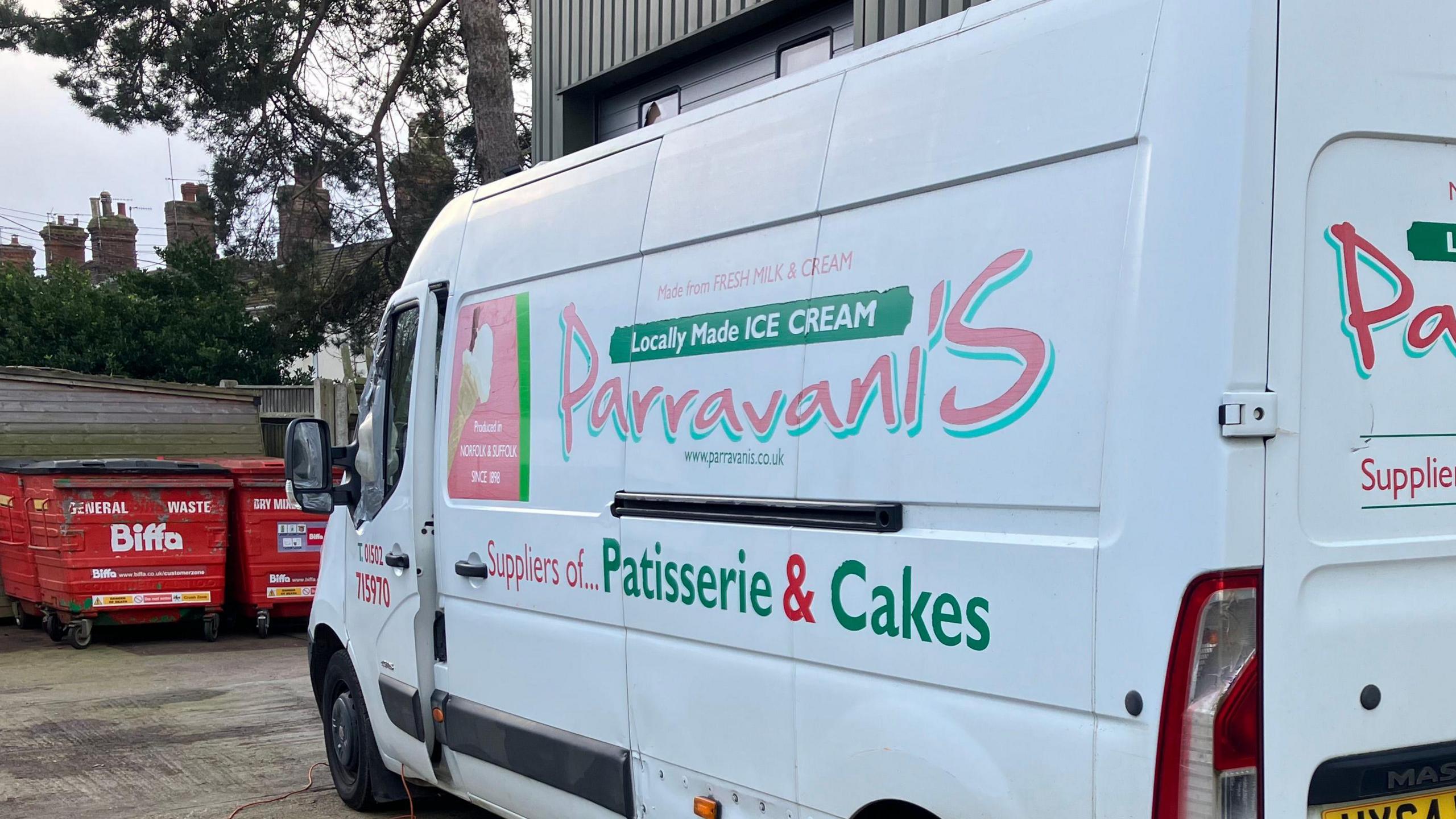Small schools 'vital' for county says head teacher
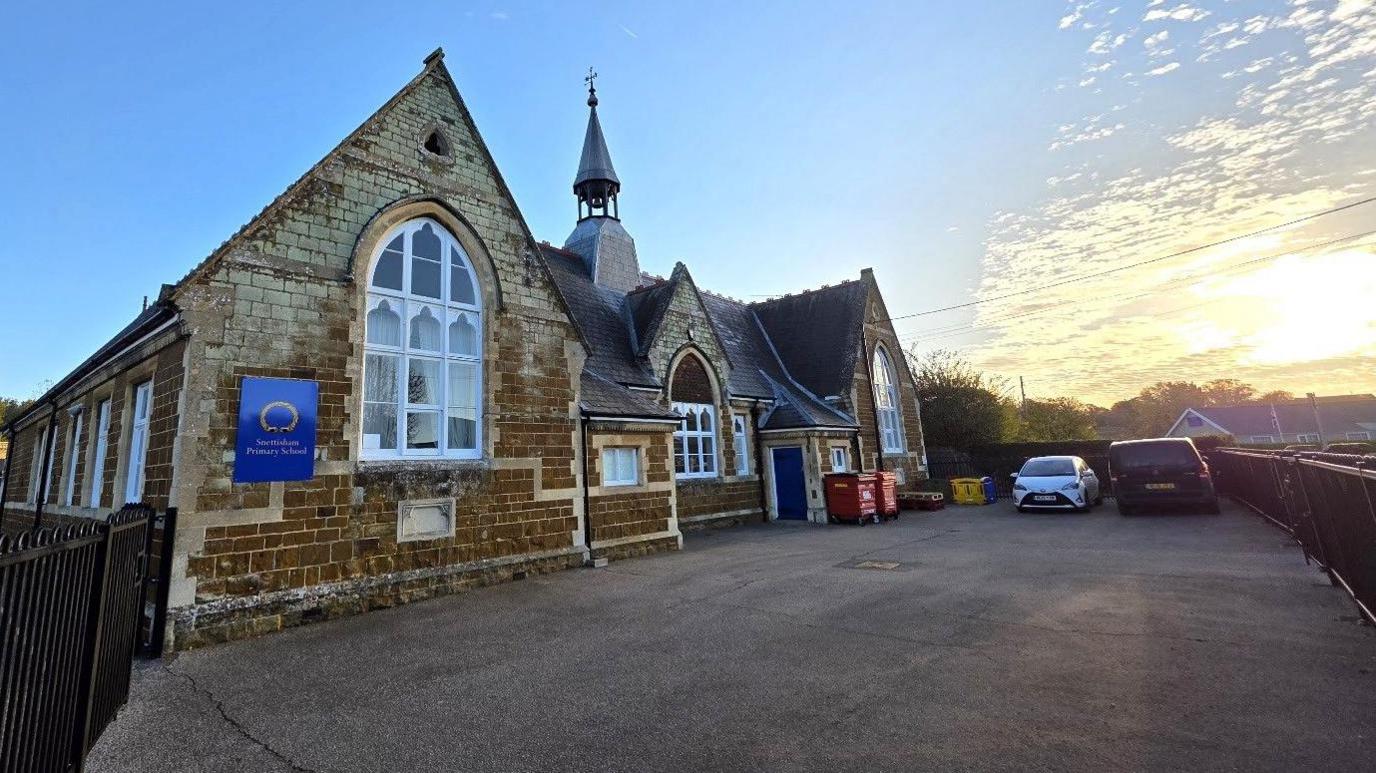
Snettisham Primary School has 80 pupils, from Reception to Year 6
- Published
Small schools are "vital" to rural areas, a head teacher has said.
Earlier this month, a senior Norfolk county councillor warned some schools were likely to close because of a drop in pupil numbers caused by falling birth rates.
Louise Jackson, executive head teacher of Snettisham Primary, said smaller settings provided a "very special community feel" and could help children "thrive".
The council has said it is working with education leaders to address the problem of falling class sizes.
Its figures show whilst there were just under 9,300 Year 8 pupils in the county's schools, fewer than 8,000 were registered in this year's reception classes.
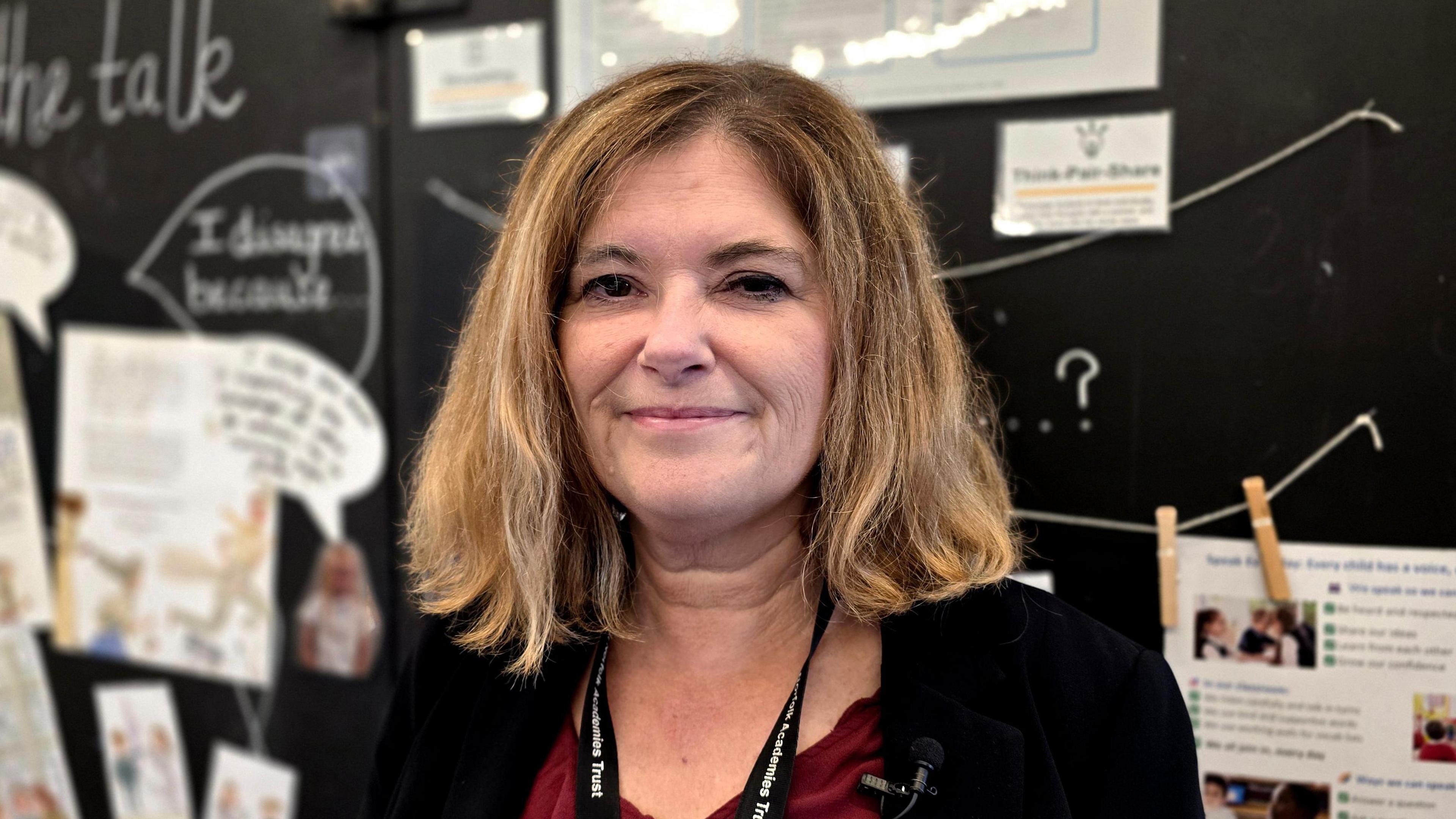
Louise Jackson said her smaller schools benefitted from being in a 'network' with others
"I went to a small school myself and have experienced that very special community feel," said Ms Jackson – who runs three schools – including Snettisham Primary.
"I think small schools are a vital part of the Norfolk community."
With 80 pupils – from Reception to Year 6 – most of its classes are made up of mixed year groups, which she admitted came with challenges.
She said: "The curriculum design is really vital to make sure the learning is right for the children.
"The training that we give to staff is very focussed on adaptions so that all children can thrive."
She said being part of a wider academy trust helped when it came to drawing on additional resources, but she remained mindful that fewer children are being born.
"We have to be thinking ahead all the time to make sure we have contingency plans if birth rates were to fall further."
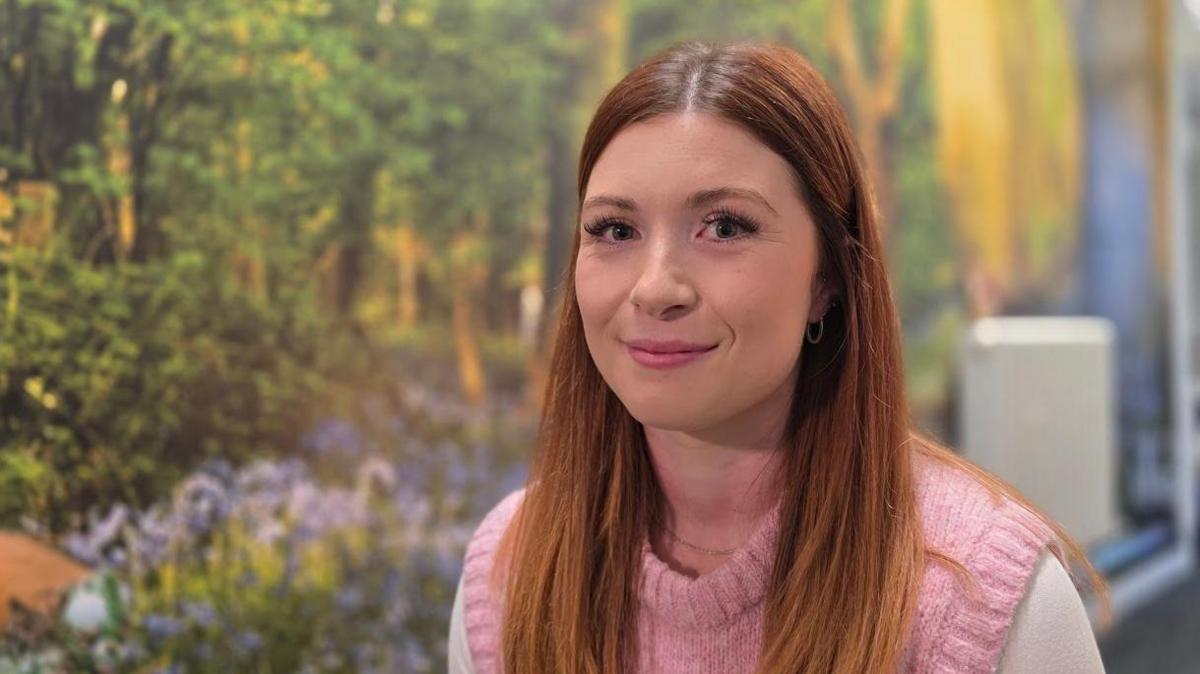
Former pupil Nina Finnegan is now chair of the PTA in Snettisham
Rated "good" in its most recent Ofsted inspection, chair of the Parent Teacher Association (PTA) Nina Finnegan said it was "a lovely school" – which she had been to as a child.
"Some of the teachers that are here now were my teachers all those years ago," she explained.
For her, the community feel of the school was very important.
"Everybody is included in everything. There's not a child that is not known by all the teachers, so there is that inclusivity of everybody here," she said.
With one of her own children now being taught at the school, she felt it was not at immediate risk if there were a drop in pupil numbers:
"We're quite a solid number where we are, but we've got schools nearby that are over-subscribed - so there is the need for the school."
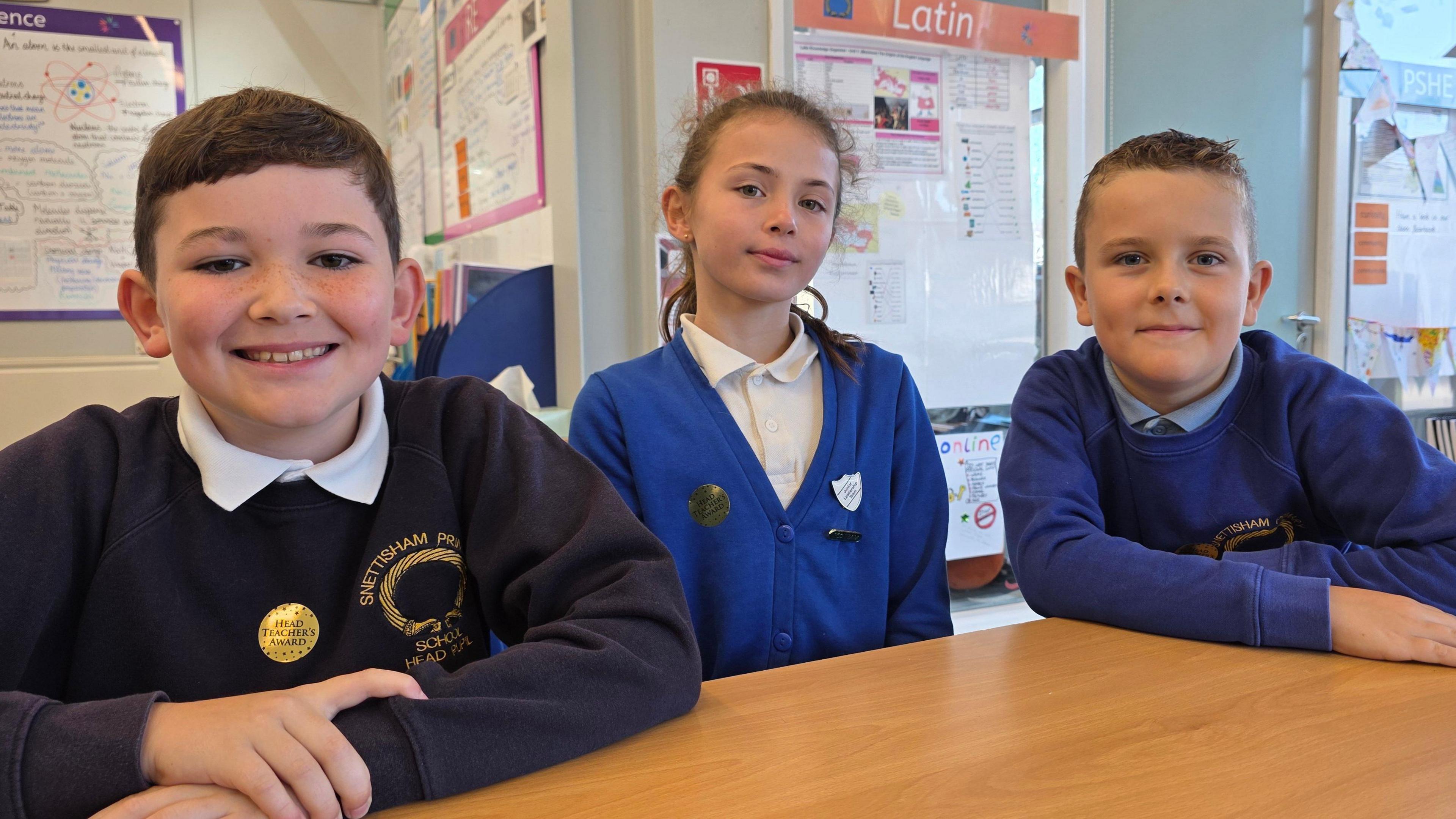
Elliot, Amelia and Ronnie said they liked the sense of community in their school
The children seem happy with the set-up at Snettisham.
"I don't think it really matters that it's a small school because we're all friends," said Elliot, in Year 6.
"The whole school is like a family to us", agreed Amelia, also in Year 6.
And Year 5's Ronnie said "If it was a big school I don't think I'd know everyone there."
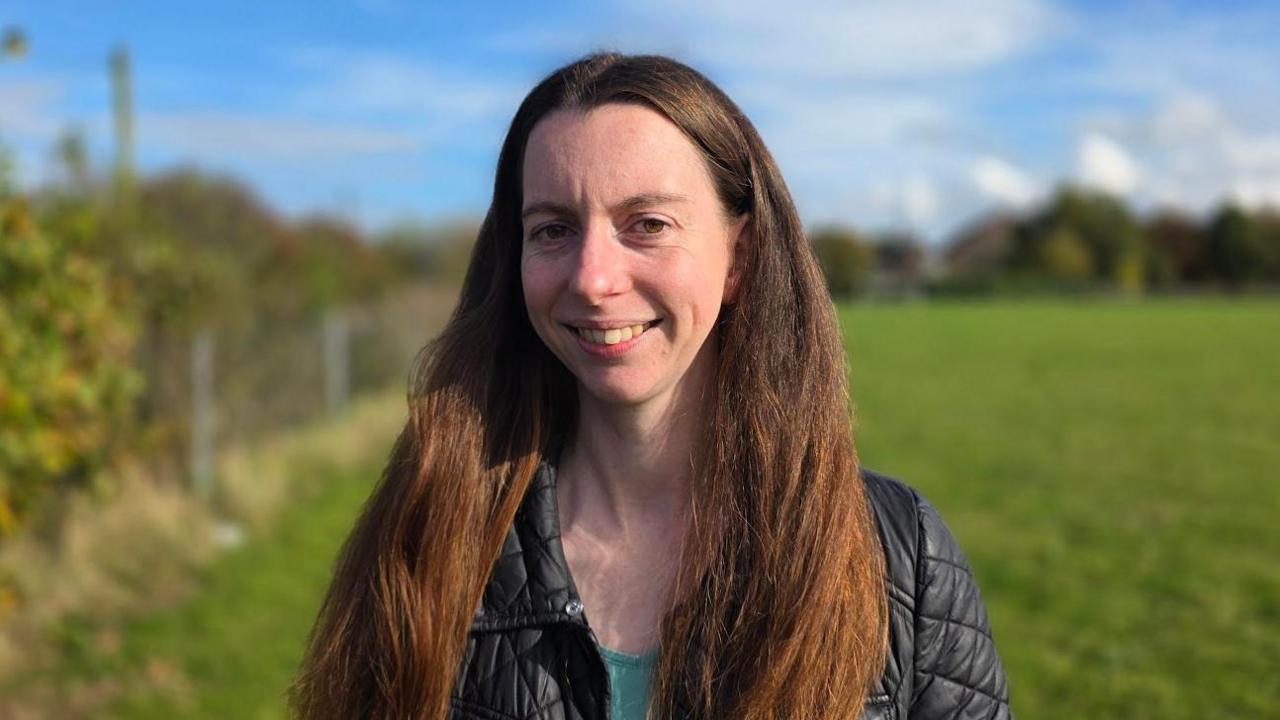
Jess Royal said the community in Cantley put up "quite a big fight" to try and save their primary school
However, some of Norfolk's smallest schools have closed this year – including Cantley Primary.
"Cantley was really special – such a small, intimate school where children felt valued by all of their teachers," said Jess Royal, the former chair of its PTA.
Along with other parents and members of the community, she fought to keep it open.
But with only 17 pupils enrolled for the start of this school year, it was shut and merged with another.
Ms Royal said she was worried about other schools closing as "there might be some children who don't fit in very well in a classroom size of 30 children".
"The closer to one-on-one education that a small school brings is really vital for developing those social aspects of a child," she added.
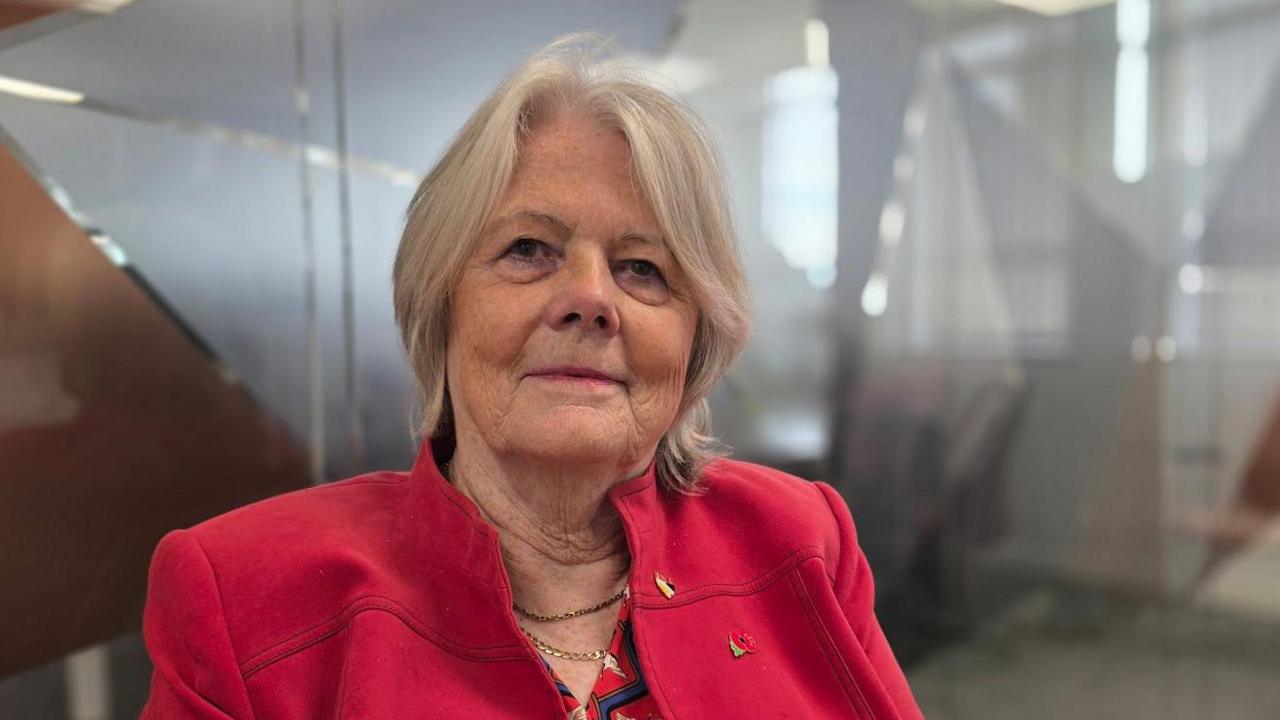
"A huge amount of planning" for the future of schools is taking place, according to councillor Penny Carpenter
Penny Carpenter, a Conservative county councillor responsible for children's services, who has warned that some schools are likely to close, said the authority was working with education leaders to prepare for the future.
"If you haven't got the numbers we may not be able to operate [all] the schools," she warned.
"It's a huge amount of planning going on, so we can cover all the areas in Norfolk."
Ultimately, there is only so much the council can do.
Whilst it is responsible for education in Norfolk, the majority of schools are now run by academy trusts or other organisations.
And it has no control over birth rates.
"We haven't got a crystal ball," said Carpenter.
"We have to work with what we've got at the moment."
Get in touch
Do you have a story suggestion for Norfolk?
BBC Politics East will be broadcast on Sunday 26 October at 10:00 GMT on BBC One in the East of England, and will be available after broadcast on BBC iPlayer.
Follow Norfolk news on BBC Sounds, Facebook, external, Instagram, external and X, external.
Related topics
More stories from Norfolk
- Published24 October
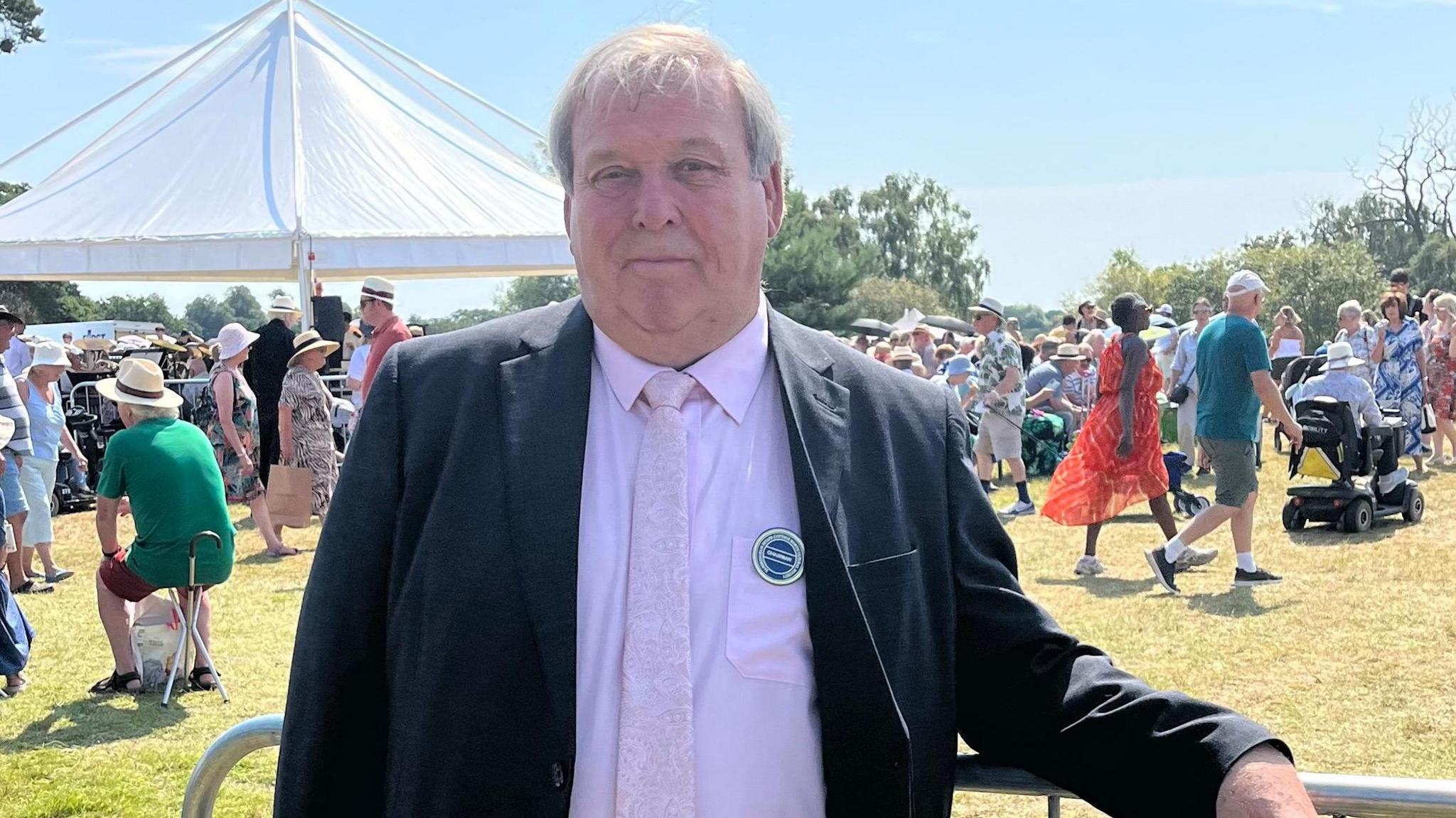
- Published23 October

- Published23 October
